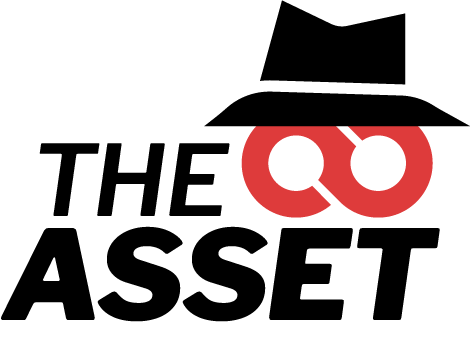The Power of Real-Time Asset Purchase Forecasts: The FactSet Experience
Introduction
In the realm of IT Asset Management (ITAM), having access to real-time asset purchase forecasts is a game-changer. It provides organizations with the ability to make informed decisions about budgeting and asset lifecycle management. This post will delve into how Oomnitza's platform has enabled FactSet to create near real-time asset purchase forecasts and the strategic benefits derived from it.
The Importance of Real-Time Asset Purchase Forecasts
Real-time asset purchase forecasts offer companies the ability to anticipate future expenditures, optimize budget allocation, and better manage the lifecycle of their IT assets. This level of foresight and control is particularly valuable in a world where technological infrastructure is the backbone of most businesses, and IT assets can represent a significant proportion of a company's budget.
However, getting accurate, real-time asset purchase forecasts can be a challenge. Many businesses still rely on manual processes and complex spreadsheets, leading to delayed and inaccurate data that can hinder strategic decision-making.
The Oomnitza Advantage: FactSet's Experience
FactSet, a global provider of financial information and analytics, faced these challenges before implementing Oomnitza's cloud-based Enterprise Technology Management solution. The platform allowed FactSet to gather thousands of IT asset data points from its device management applications, providing a centralized view of their IT assets.
With Oomnitza, FactSet was able to create near real-time asset purchase forecasts in just ten minutes, a task that would previously have taken significantly longer. This improved efficiency enabled FactSet to more accurately prepare budgets and better track the age of devices, optimizing the use of its existing IT fleet.
Knowing the exact age of assets also allowed FactSet to make more strategic decisions about asset purchases. Instead of rushing to replace equipment, FactSet was able to hold off on new purchases when needed, saving costs and improving asset utilization.
Furthermore, Oomnitza's platform facilitated more accurate tracking of warranty dates, enabling FactSet to manage warranties more effectively and avoid unnecessary expenditure on asset maintenance or premature replacement.
Learn more about FactSet's success story here.
Conclusion
The ability to generate real-time asset purchase forecasts has provided FactSet with a strategic advantage. By leveraging Oomnitza's platform, FactSet has improved its budgeting process, optimized asset lifecycle management, and realized significant cost savings. Oomnitza's solution exemplifies how technology can transform IT Asset Management, turning it from a cumbersome administrative task into a powerful strategic tool.
Next Steps
Would you like to learn more about how to enhance your ITAM processes? Oomnitza has a terrific resource for you. In the on-demand webinar from Information Week, “How & Why to Up Level IT Asset Management in 2023,” you will:
- Learn how your ITAM of the past is different from the ITAM of today (and why you need an upgrade).
- Get tips on how to kickstart a brand new ITAM program.
- Get a thorough roadmap to the people, processes, technologies, and data flows that need to be involved in successful ITAM for 2023.
This video is on-demand and is available at your schedule. Be sure to view this webinar during your next lunch hour! Also, feel free to share with your colleagues!
 IT Asset Management (ITAM) newsletters don't have to be a snooze...
IT Asset Management (ITAM) newsletters don't have to be a snooze...